News
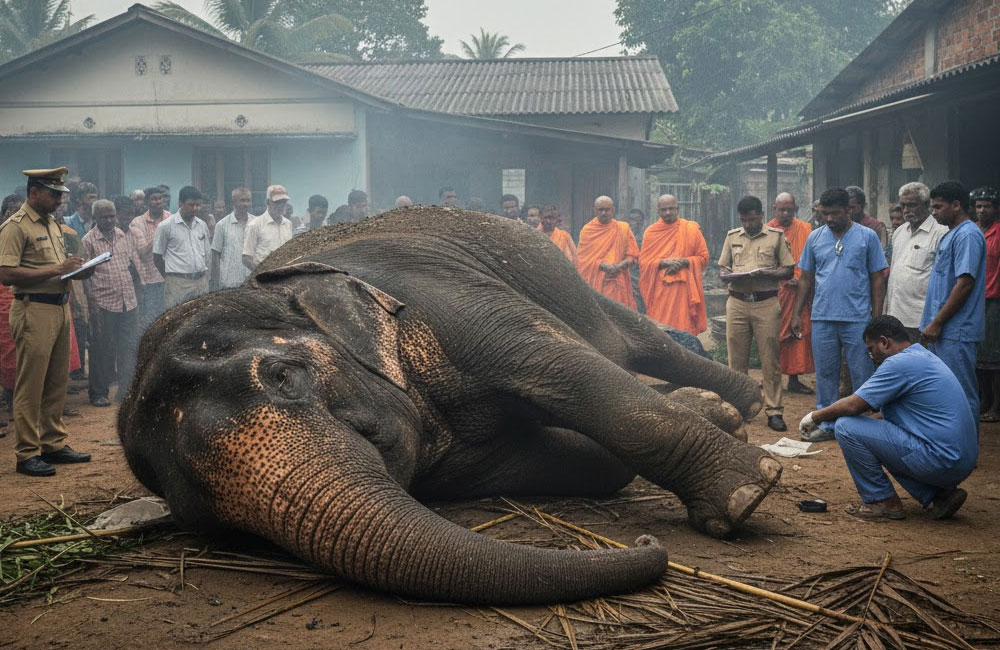
Three Taken Into Custody Over Death of Wild Elephant in Seepukulama
Three suspects have been arrested following the death of a wild elephant in the Seepukulama area, after the animal suffered severe burn injuries during an attempt by villagers to drive it away, police said.The elephant, a 40-year-old male known as “Amba Bo,” was discovered early Monday morning lying critically injured in the front yard of a residence near the Abagaha Wela junction. Wildlife veterinarians from the Anuradhapura Pandulagama division were immediately dispatched to provide treatment, but the animal later succumbed to its injuries.
According to Mihinthalaya Police, the incident occurred on December 14, when residents attempted to scare the elephant away using burning torches. Investigations revealed that one individual had allegedly set fire directly to the animal, resulting in extensive injuries. Three people were subsequently arrested in connection with the incident.
Condemning the act, Ven. Pahiyangala Ananda Sagara Thero said the elephant had endured immense suffering. He noted that multiple bullets were found lodged in the animal’s body, adding that the elephant had come into human settlements in search of food. Describing the incident as deeply inhumane, he said it was a tragedy that reflected poorly on society.
Wildlife officials stated that Amba Bo had been unwell for nearly three months and had been receiving veterinary care during that time. Despite its condition, local residents had generally shown tolerance toward the elephant, which frequently moved near homes while foraging.
Meanwhile, Ven. Valahangunawawe Dammarathana Thero urged the government to take greater responsibility for the protection of wild elephants, emphasizing that they are a national heritage. He called for meaningful action rather than verbal assurances.
A postmortem examination was conducted on Tuesday by wildlife officers from the Anuradhapura Pandulagama division. Following the examination, villagers performed religious observances in accordance with local customs.
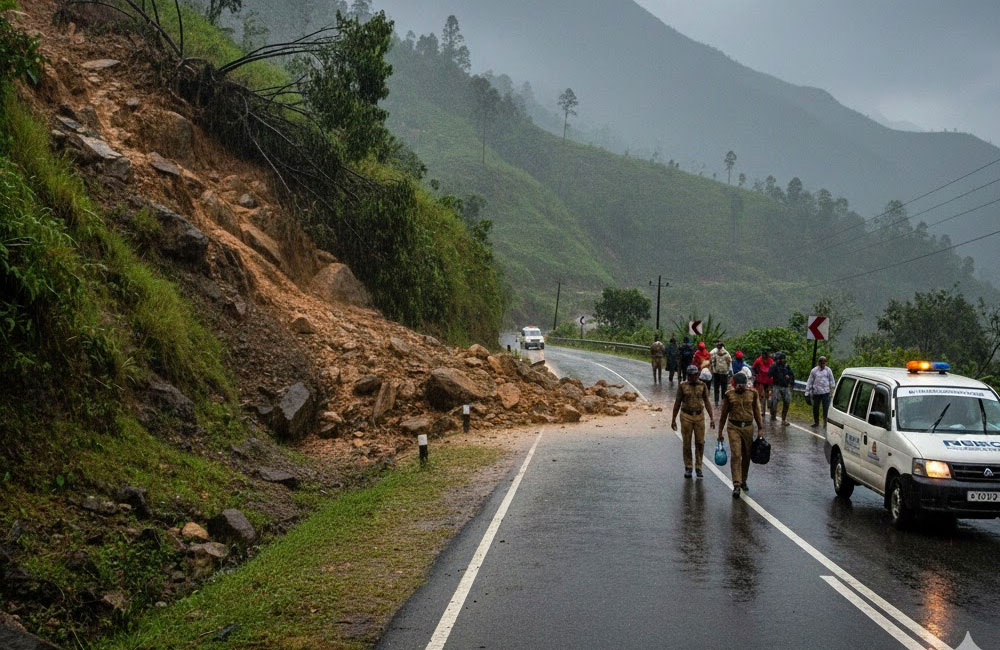
NBRO Issues Red Landslide Alerts for Seven Divisions in Kandy and Nuwara Eliya
The National Building Research Organisation (NBRO) has issued Level 3 “Red” landslide warnings for seven Divisional Secretariat Divisions (DSDs) in the Kandy and Nuwara Eliya districts, citing ongoing adverse weather conditions.According to the NBRO, the evacuation-level alerts will remain in force until 2.30 a.m. tomorrow (19), and residents in the affected locations are urged to remain vigilant and comply with safety instructions.
In the Kandy District, the warnings apply to the Doluwa, Udadumbara and Medadumbara Divisional Secretariat areas and surrounding localities. Meanwhile, in the Nuwara Eliya District, residents of the Mathurata, Nildandahinna, Hanguranketha and Walapane Divisional Secretariat divisions have also been placed under the highest level of landslide alert.
The NBRO stated that the warnings were issued as a precautionary measure in response to persistent rainfall and unstable ground conditions, and advised the public to prioritize safety and be prepared to evacuate if necessary.

Lakshman Balasuriya - simply a top-class human being
It is with deep sorrow that I share the passing of one of my dearests and most trusted friends of many years, Lakshman Balasuriya. He left us on Sunday morning, and with him went a part of my own life. The emptiness he leaves behind is immense, and I struggle to find words that can carry its weight.
Lakshman was not simply a friend. He was a brother to me. We shared a bond built on mutual respect, quiet understanding, and unwavering trust. These things are rare in life, and for that reason they are precious beyond measure. I try to remind myself that I was privileged to spend the final hours of his life with him, but even that thought cannot soften the ache of his sudden and significant absence.
Not too long ago, our families were on holiday together. Lakshman and Janine returned to Sri Lanka early. The rest of the holiday felt a bit empty without Lakshman's daily presence. I cannot fathom how different life itself will be from now on.
He was gentle and a giant in every sense of the word. A deeply civilised man, refined in taste, gracious in manner, and extraordinarily humble. His humility was second to none, and yet it was never a weakness. It was strength, expressed through kindness, warmth, and dignity. He carried himself with quiet class and had a way of making everyone around him feel at ease.
Lakshman had a very dry, almost deadpan, sense of humor. It was the kind of humor that would catch you off guard, delivered with too straight a face to be certain he was joking, but it could lighten the darkest of conversations. He had a disdain for negativity of any kind. He preferred to look forward, to see possibilities rather than obstacles.
He was exceptionally meticulous and had a particular gift for identifying talent. Once he hired someone, he made sure they were cared for in unimaginable ways. He provided every resource needed for success, and then, with complete trust, granted them independence and autonomy. His staff were not simply employees to him. They were family. He took immense pride in them, and his forward-thinking optimism created an environment of extraordinary positivity and a passion to deliver results and do the right thing.
Lakshman was also a proud family man. He spoke often, and with great pride, about his children, grandchildren, nephews, and nieces. His joy in their achievements was boundless. He was a proud father, grandfather, and uncle, and his devotion to his family reflected the same loyalty he extended to his colleagues and friends.

Whether it was family, staff, or anyone he deemed deserving, Lakshman stood by them unconditionally in times of crisis. He would not let go until victory was secured. That was his way. He was a uniquely kind soul through and through.
Our bond was close. Whenever I arrived in Sri Lanka, it became an unspoken ritual that we would meet at least twice. The first would be on the day of my arrival, and then again on the day I left. It was our custom, and one I cherished deeply. We met regularly, and we spoke almost daily. He was simply a top-class human being. We were friends. We were brothers. His passing has devastated me.
Today I understood fully the true meaning of the phrase 'priyehi vippayogo dukkho' -- (ප්රියෙහි විප්පයෝගෝ දුක්ඛෝ) 'separation from those who are beloved is sorrowful.'
My thoughts and prayers are with Janine, Amanthi, and Keshav during this time of profound loss. Lakshman leaves behind indelible memories, as well as a legacy of decency, loyalty, and quiet strength. All of us who were fortunate to know him will hold that legacy close to our hearts.
If Lakshman’s life could leave us with just one lesson, that lesson would be this. True greatness is not measured in titles or possessions, but in the way one treats others: with humility, with loyalty, with kindness that does not falter in times of crisis. Lakshman showed us that to stand by someone, to believe in them, and to lift them up when they falter, is the highest of callings, and it was a calling he never failed to honour.
Rest well, my dear friend.
 by Krishantha Prasad Cooray
by Krishantha Prasad Cooray

Parliament to Take Up Rs. 500B Supplementary Allocation for Disaster Recovery
Parliament is set to consider a Rs. 500 billion supplementary estimate today , aimed at assisting communities impacted by the recent sudden disaster situation and supporting livelihood restoration efforts.The special parliamentary sittings for today and tomorrow (19) have been convened at the request of Prime Minister Dr. Harini Amarasuriya, in line with Standing Order 16, according to Secretary-General of Parliament Kushani Rohanadeera.
The decision to summon Parliament was taken at a meeting of the held yesterday (17) under the chairmanship of Speaker Dr. Jagath Wickramaratne, as stated in an official release issued by the Department of Communications of Parliament.
Parliament will meet at 9.30 a.m. today, during which the proposed supplementary allocation for the year 2026 will be formally presented and referred to the Committee on Public Finance for review. Following this, an Adjournment Debate initiated by the Government will take place, focusing on the national situation in the aftermath of the adverse weather-related disaster, and will continue until 5.30 p.m.
The House is scheduled to reconvene tomorrow from 9.30 a.m. to 5.30 p.m., during which the Rs. 500 billion supplementary estimate will be debated and taken up for approval.
Meanwhile, the Speaker had earlier announced, through an Extraordinary Gazette dated December 13, that Parliament would be summoned on December 18, 2025, after receiving a formal request from the Prime Minister in accordance with parliamentary standing orders.
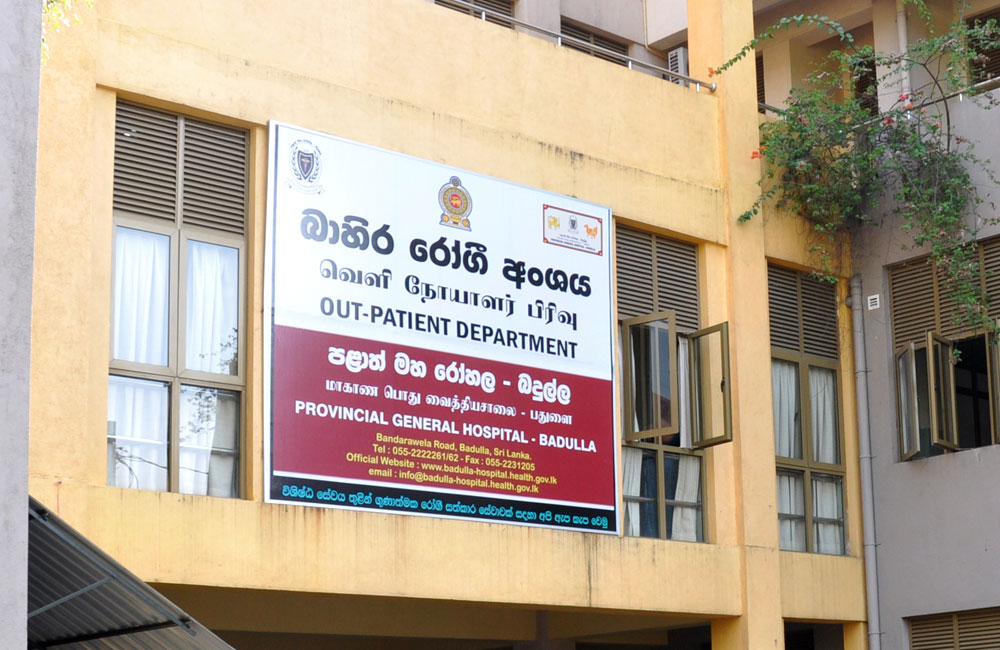
Doctors at Badulla Teaching Hospital Begin Protest After Colleague Attacked
Medical services at Badulla Teaching Hospital were disrupted today after doctors initiated a strike in response to an alleged assault on one of their colleagues.
The incident reportedly took place when a three-wheeler driver parked his vehicle behind a doctor’s car within the hospital premises. When the doctor asked the driver to move the three-wheeler, the situation escalated, leading to the doctor being physically assaulted.
The injured doctor was admitted to Badulla Teaching Hospital for treatment following the incident.
In protest over the attack and concerns about the safety of medical staff, doctors at the hospital commenced a strike action. Hospital sources indicate that the protest is expected to conclude at 4.00 p.m. today (17).
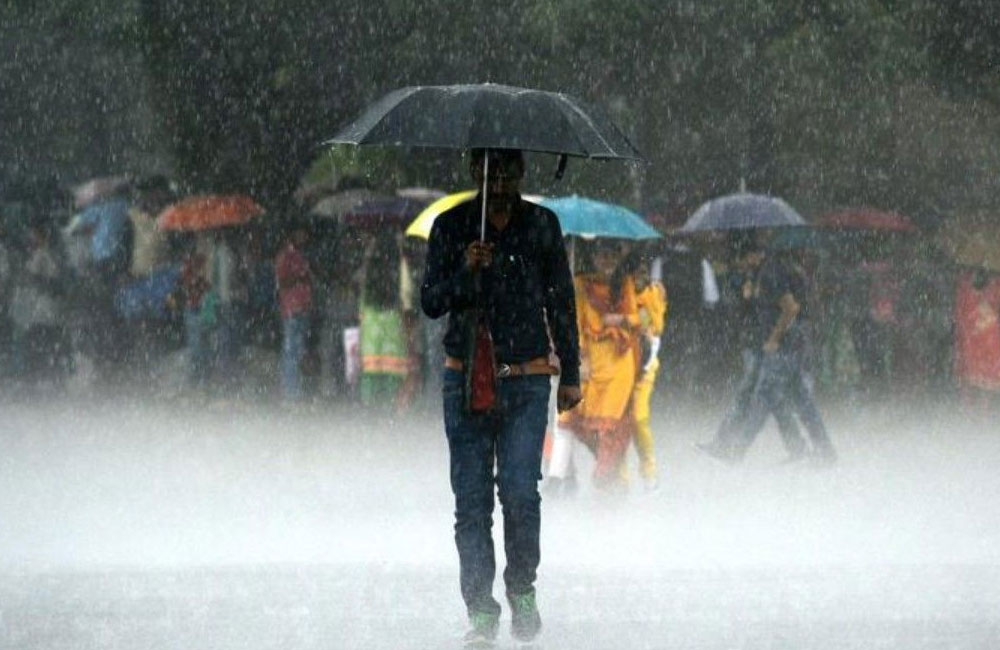
Heavy Showers and Strong Winds Forecast Across Several Regions Today
The Department of Meteorology has forecast continued unsettled weather across the island today, with fairly heavy rainfall and strong winds expected in multiple regions due to the ongoing influence of an easterly wave.
Intermittent showers are likely in the North-Central, Eastern, Uva and Central provinces, while several spells of rain are anticipated in the Northern and North-Western provinces. According to the Met Department, rainfall amounts exceeding 75 mm may be recorded in some locations within the Eastern, Uva and Central provinces, as well as the Polonnaruwa district.
In other parts of the country, showers or thundershowers may develop after 1.00 p.m., with certain areas potentially receiving rainfall of more than 50 mm.
The forecast also indicates that strong winds, reaching speeds of around 40–50 kmph, could occur at times across the eastern slopes of the central hills, the Northern, North-Central and North-Western provinces, and in the Trincomalee, Hambantota and Monaragala districts.Additionally, misty conditions are expected during the early morning hours in parts of the Sabaragamuwa, Western and Central provinces, as well as in the Galle and Matara districts.
The public has been advised to take necessary precautions to reduce potential damage from localized strong winds and lightning associated with thundershowers.
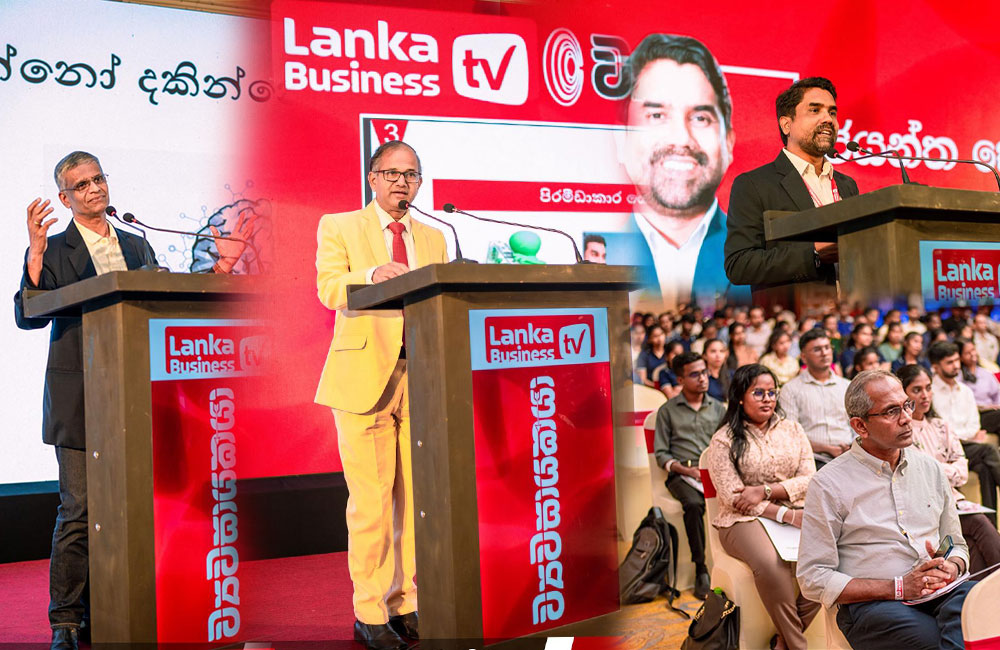
Lanka Business TV’s “Vyavasayakaya” Business and Investment Summit in Gampaha Draws Overwhelming Response
Lanka Business TV, in collaboration with Lankadeepa FT, successfully hosted its highly acclaimed “Vyavasayakaya” (The Entrepreneur) Business and Investment Summit in Gampaha, drawing an impressive crowd of over 250 participants, including entrepreneurs and individuals keen to enhance their economic and investment knowledge.
The summit was held at The Glasgow Hotel in Kalagedihena, following a brief postponement due to flood risks in the area. Despite the delay, the strong turnout underscored the growing public interest in entrepreneurship-focused knowledge-sharing platforms, according to Lanka Business TV Founder and Chief Executive Officer, Mr. Jayantha Kovilagodage.
“The significant participation despite the rescheduling clearly demonstrates the demand for such programmes among the public,” Mr. Kovilagodage said.
The keynote address was delivered by renowned management consultant Mr. Deepal Sooriyaarachchi, who shared strategic insights on entrepreneurship and business growth. The summit also featured expert presentations from a distinguished panel of speakers, including:
-
Mr. Ruwan Perera, Chief Executive Officer, NDB Wealth Management
-
Mr. Chalinda Abeykoon, Managing Partner, nVentures
-
Mr. Inoke Perera, Sector Head, John Keells Properties
-
Mr. N.A. Aruna Wijesiri, Deputy Director, Central Bank of Sri Lanka
Participants were also treated to an interactive experience, with opportunities to win attractive prizes. One fortunate attendee won a round-trip air ticket to Malaysia.
Lanka Business TV announced that it is currently planning four additional “Vyavasayakaya” Business and Investment Summits for 2026, as part of its continued efforts to promote entrepreneurial education across the country.
The “Vyavasayakaya” series has already been successfully conducted in Gampaha, Kurunegala, Matara, Kandy, and Ratnapura, further cementing its reputation as one of Sri Lanka’s leading regional business knowledge platforms.

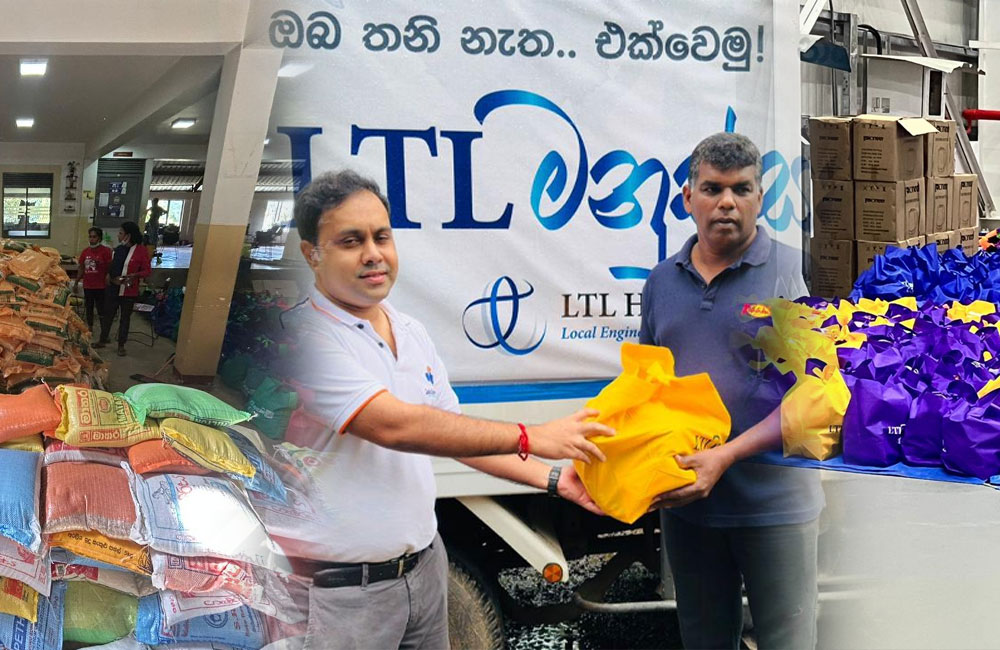
LTL Holdings expands disaster relief efforts
LTL Holdings has intensified humanitarian assistance for communities hit by recent floods, combining its technical expertise in the power sector with disaster relief efforts.
Under its “LTL Humanity” programme, the company has distributed 17,000 dry ration packs to households affected by flooding, with an additional 1,000 packs prepared for immediate dispatch.
Essential household kits, including bedding, mats, and daily necessities, have been delivered to 250 families, while 600 more kits are being readied for rapid distribution.
The programme also provides guidance on safely restoring electricity to flood-damaged homes, reflecting LTL Holdings’ dual focus on technical restoration and humanitarian support.
“LTL Humanity is aimed at meeting the immediate needs of affected populations while helping them rebuild their daily routines and homes,” the company said, expressing gratitude to partners and stakeholders assisting the initiative.
The company pledged to continue relief efforts until communities are fully restored, highlighting its commitment to both public service and social responsibility in the aftermath of Sri Lanka’s natural disasters.
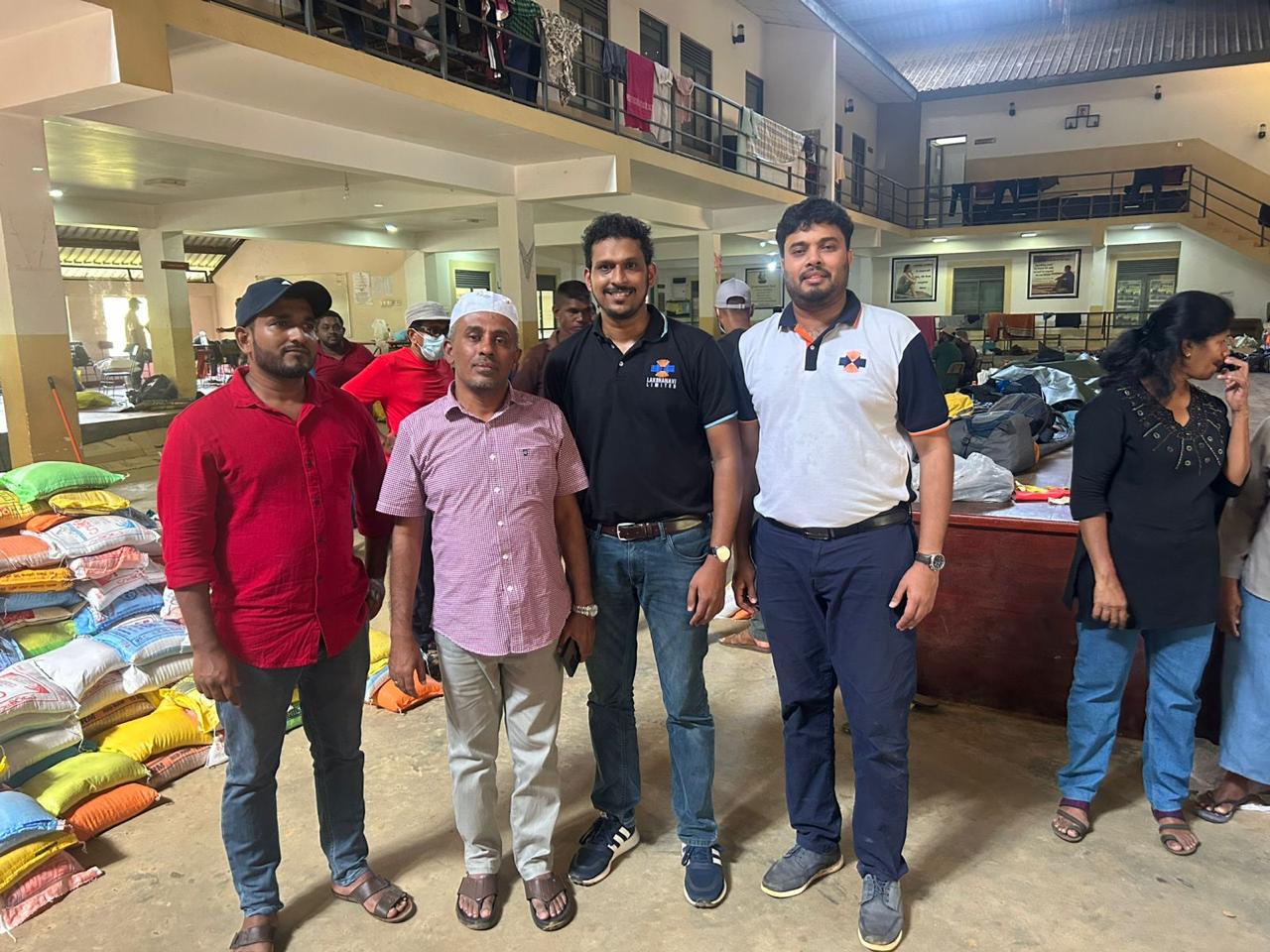
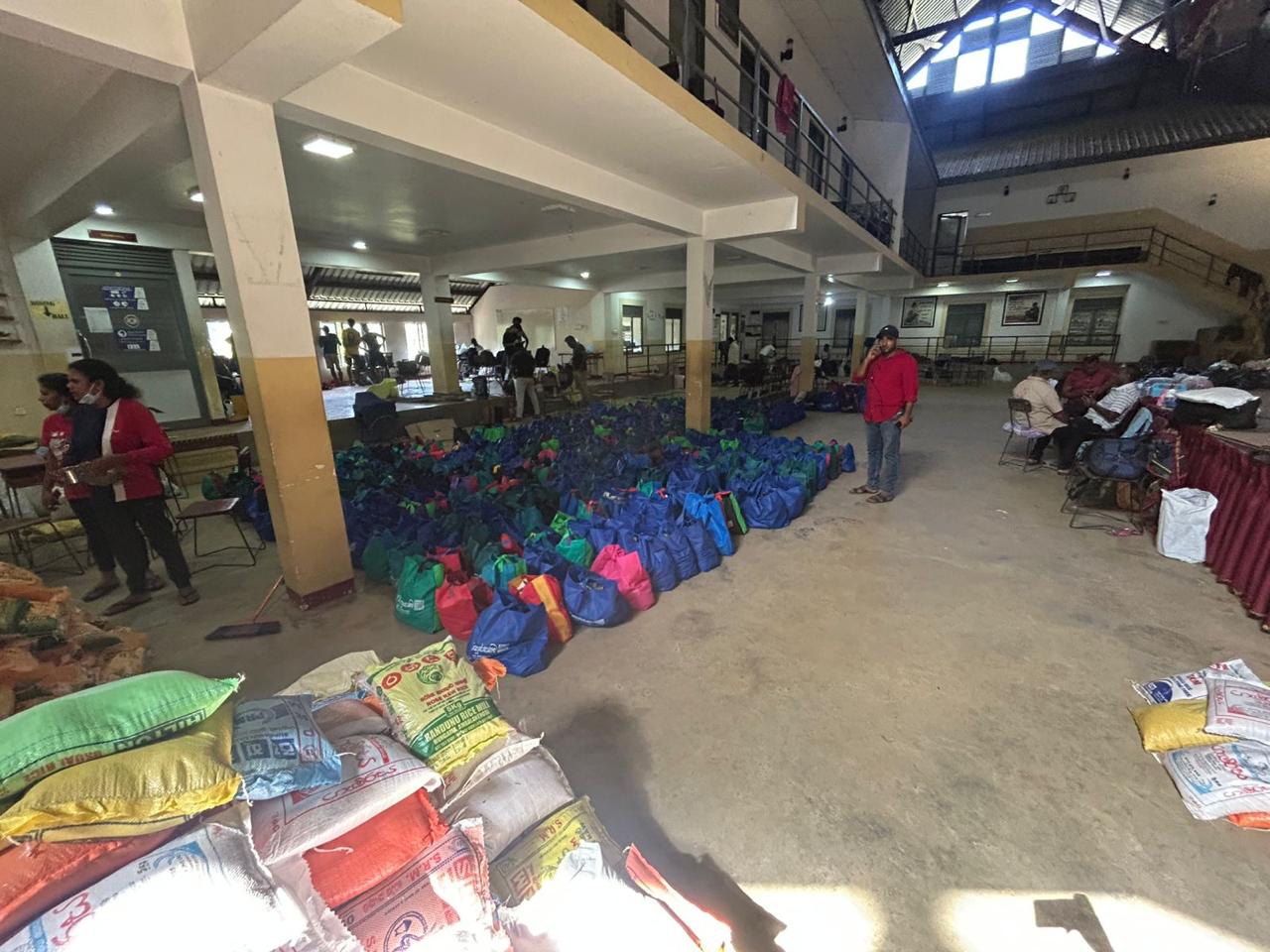
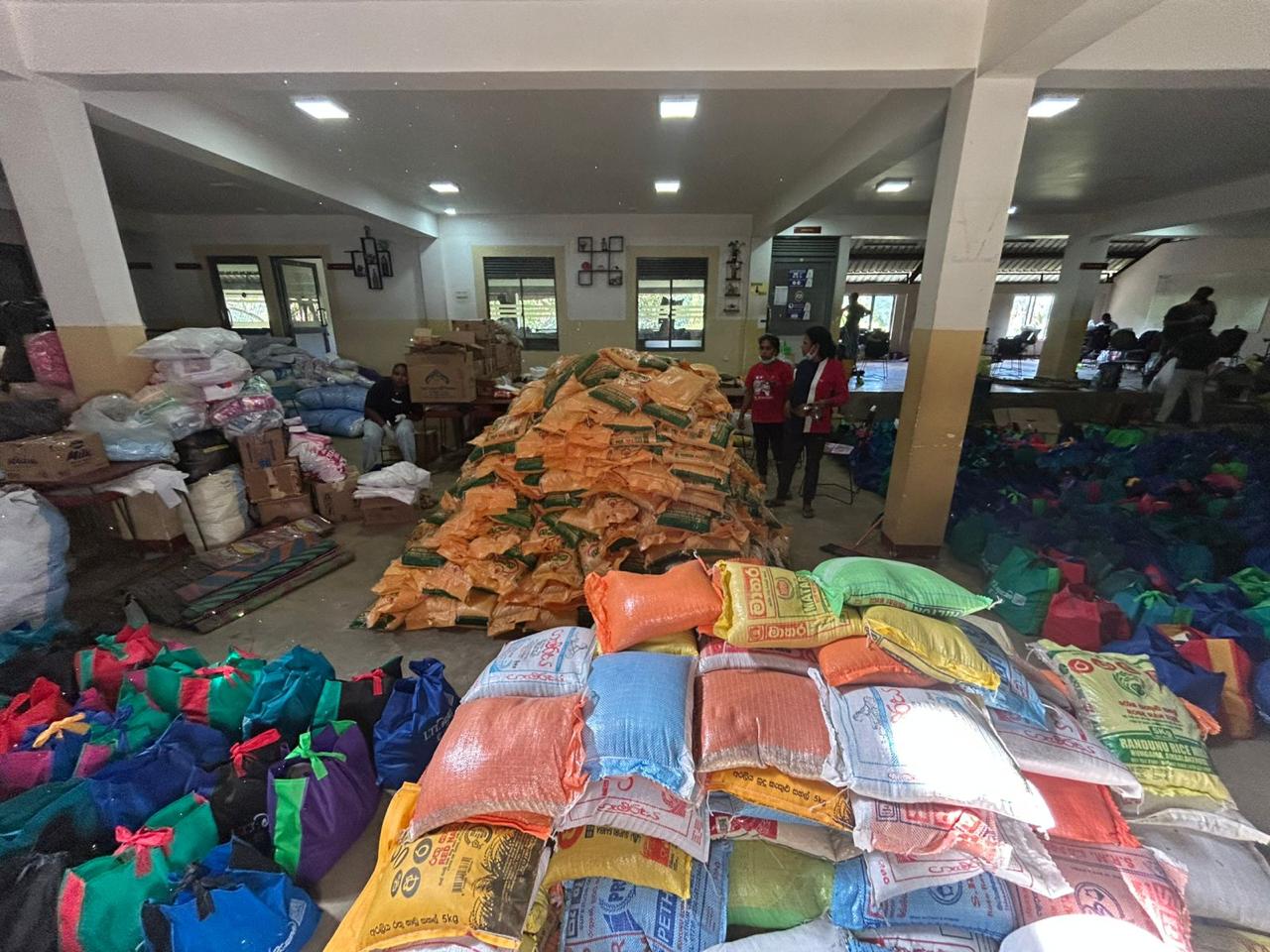
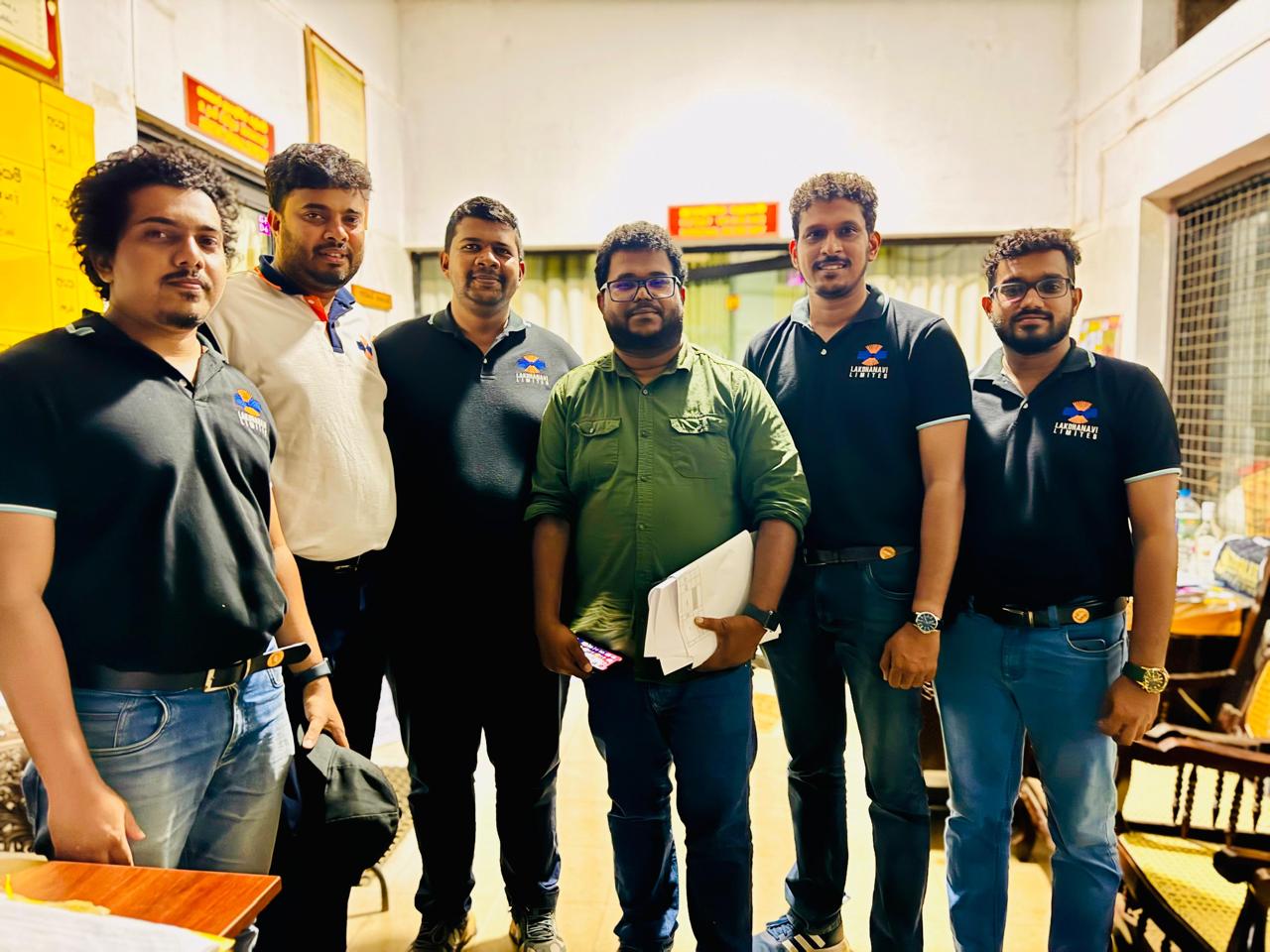
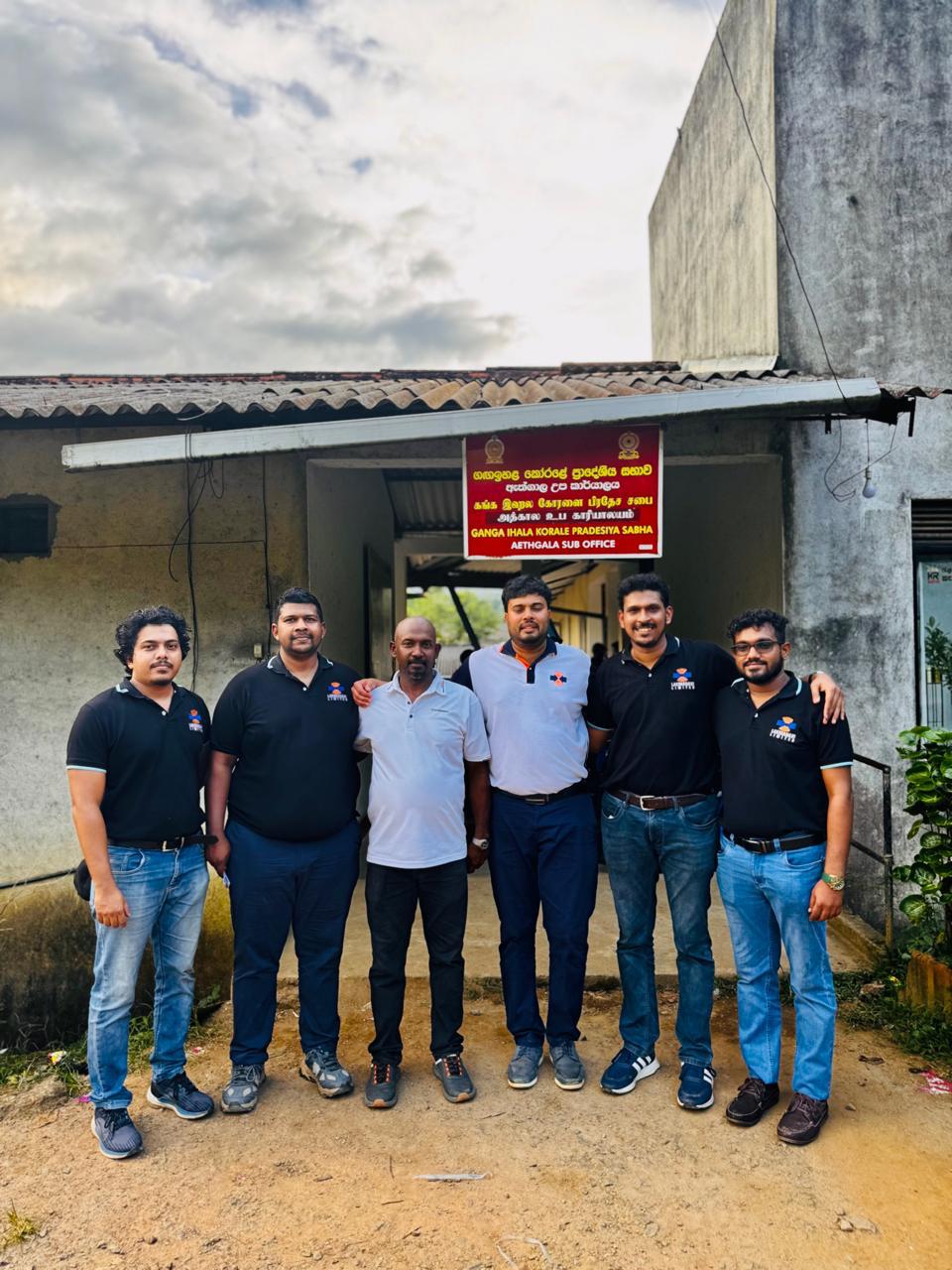
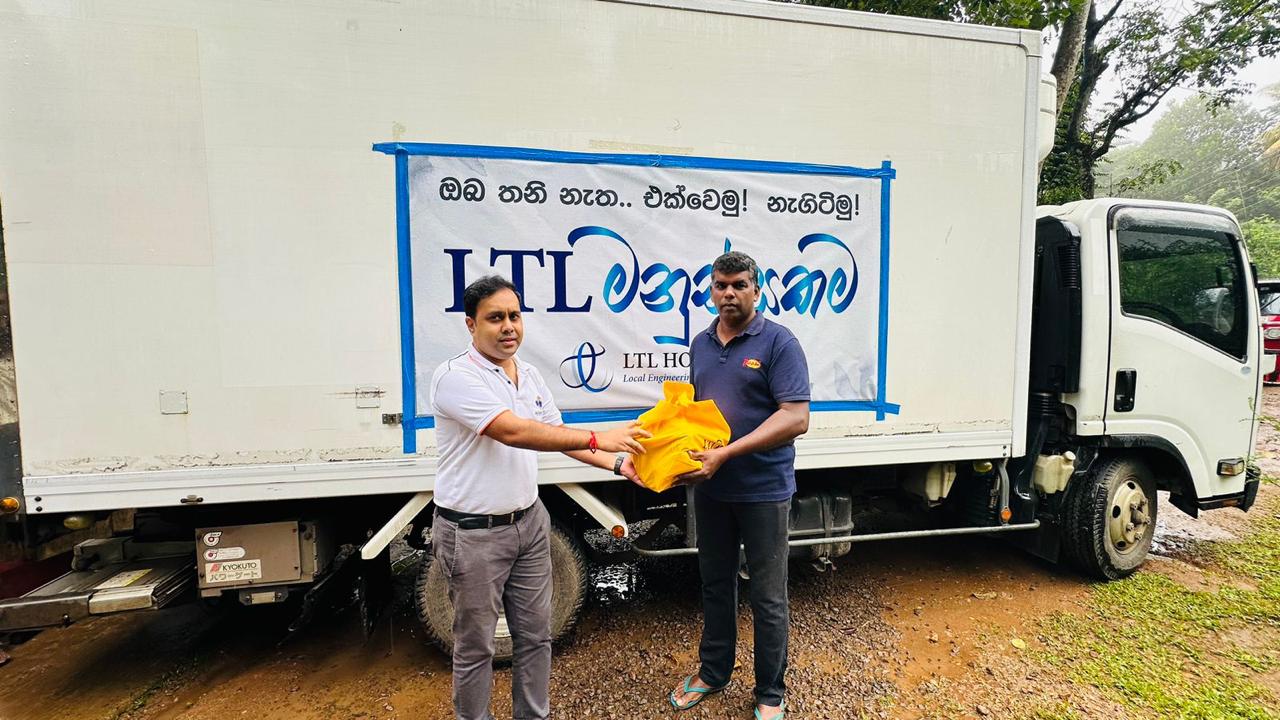
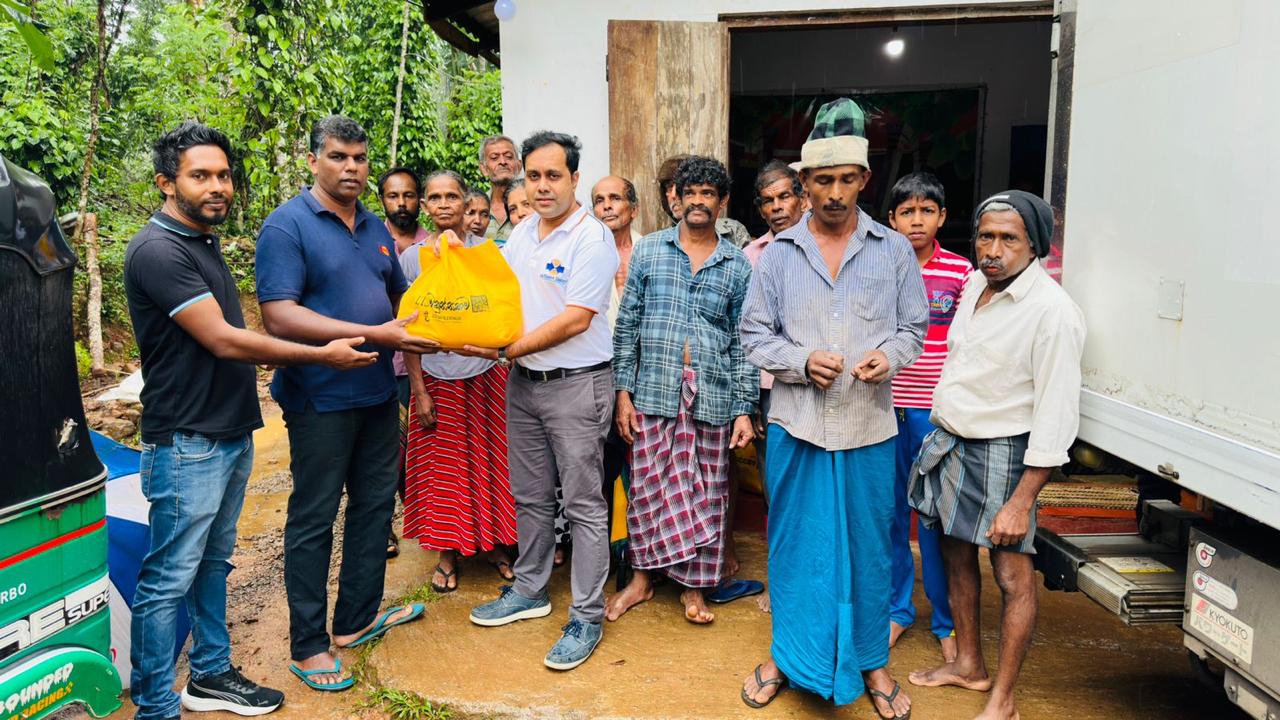
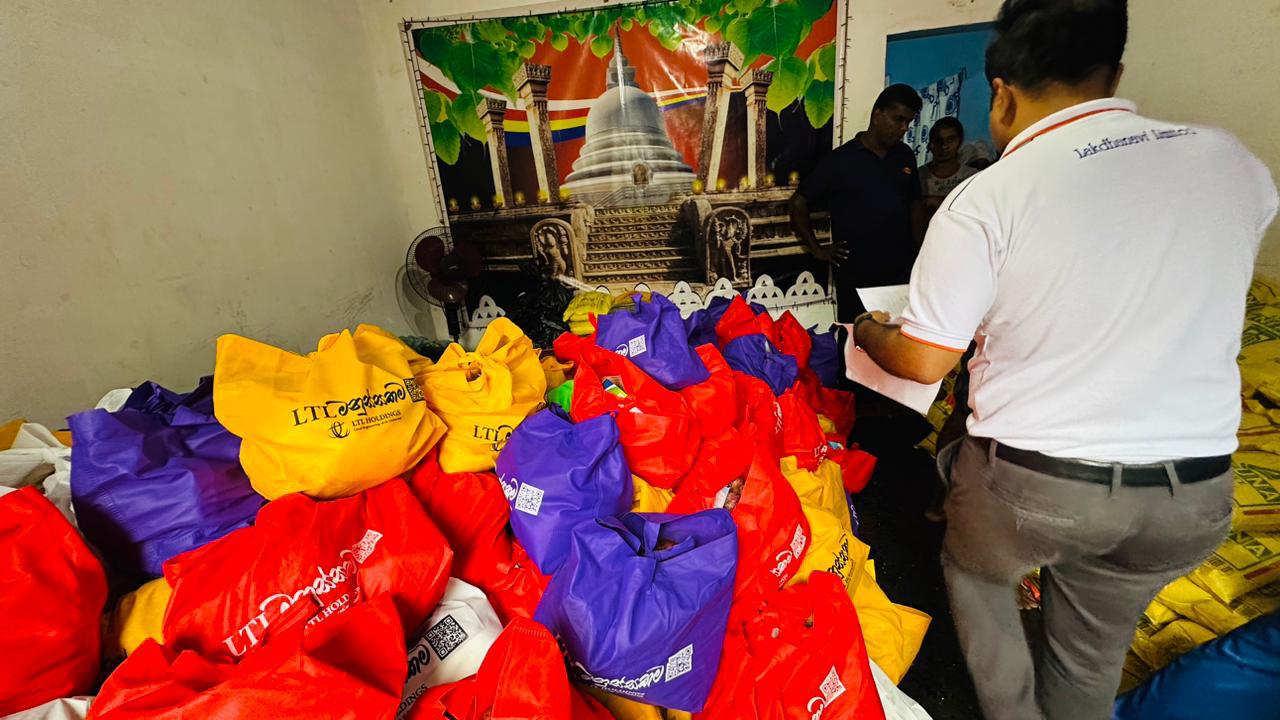
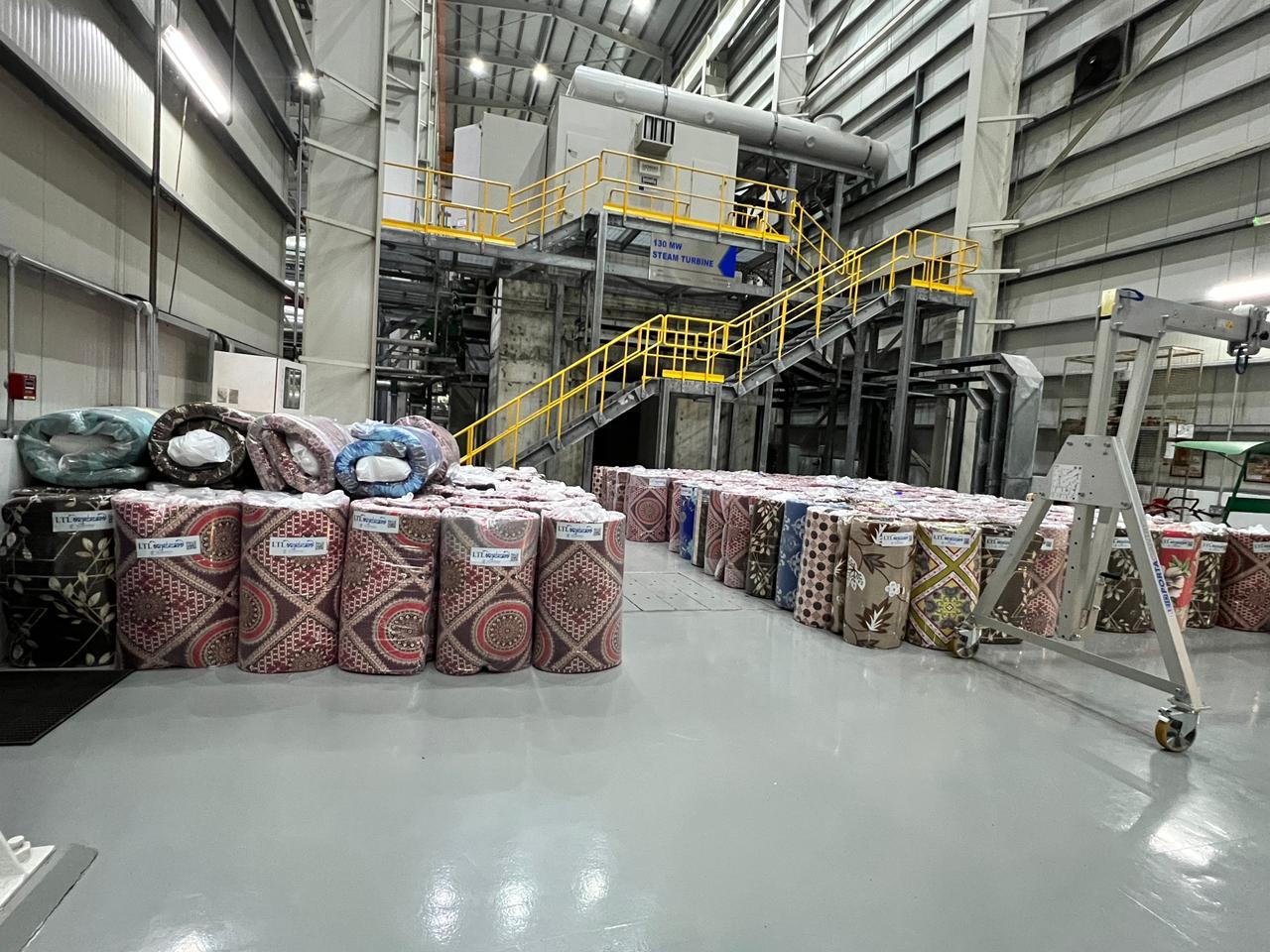
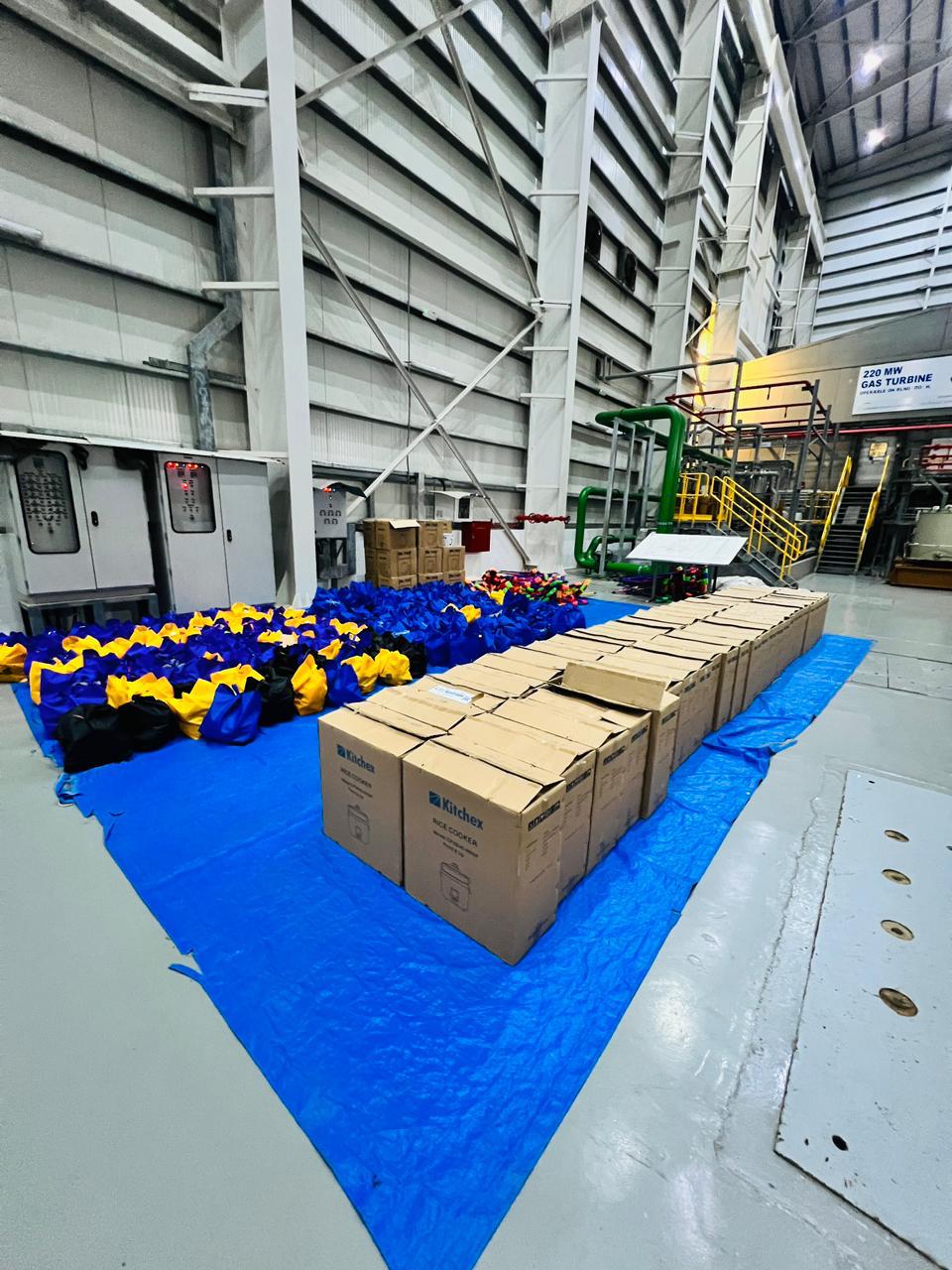

Digitising Justice: Promise or Partial Fix for Court Delays?
Sri Lanka’s long-delayed judicial reforms have once again come into focus with the Cabinet of Ministers approving the implementation of the e-Court Project, a flagship initiative aimed at digitising the country’s judicial system. The Cabinet has sanctioned Rs. 150 million from allocations under the Clean Sri Lanka Project to be channelled to the Judicial Service Commission (JSC), signalling political backing for what the government describes as a national priority.
The initiative follows the launch of a dedicated Supreme Court website and an electronic Case Management System (e-CMS) during the first phase of judicial digitalisation. Authorities now plan to replicate this model across all courts islandwide, including the Court of Appeal, the JSC, and the Institute of Judges, eventually creating a national judicial data network.
According to Cabinet Spokesman Dr. Nalinda Jayatissa, the digital overhaul is expected to address chronic problems such as case backlogs, lack of transparency, procedural inefficiencies, and prolonged delays that have eroded public confidence in the justice system. The project also aligns with the IMF Reform Agenda 2026–2030 Public Investment Programme and the broader Clean Sri Lanka Strategy.
Justice Ministry sources say Sri Lanka is exploring paperless court operations as a remedy for excessive delays that often force litigants to travel long distances merely to learn the next hearing date. Under the proposed e-Court system, judges, lawyers and litigants would be able to file documents electronically, submit evidence digitally and, in certain circumstances, participate in hearings remotely.
An e-Court is defined as a court environment supported by advanced technical infrastructure, allowing administrative and procedural functions to be carried out electronically. Features such as electronic filing, digital record-keeping, and remote testimony are expected to reduce inefficiencies while improving access to justice.
A senior telecommunications expert with extensive national and international experience noted that e-Court services could modernise judicial administration in line with global technological standards.
He further argued that the involvement of lay judges through digital platforms could help create a multidisciplinary knowledge base, supporting more transparent and higher-quality judicial outcomes.
Justice Ministry officials also highlight the potential of e-Court services to reduce unproductive commuting, especially in traffic-congested urban centres. Many litigants currently attend court simply to be informed of new dates, a practice the digital system seeks to eliminate.
However, the scale of the challenge remains significant. Attorney General’s Department sources reveal that a large number of cases remain unresolved, while the overall backlog stands at thosands of cases, including over 100 highly controversial matters.
While special courts have been tasked with fast-tracking hearings, observers caution that without comprehensive implementation, adequate training, and system-wide accountability, digitisation alone may not deliver the justice revolution being promised
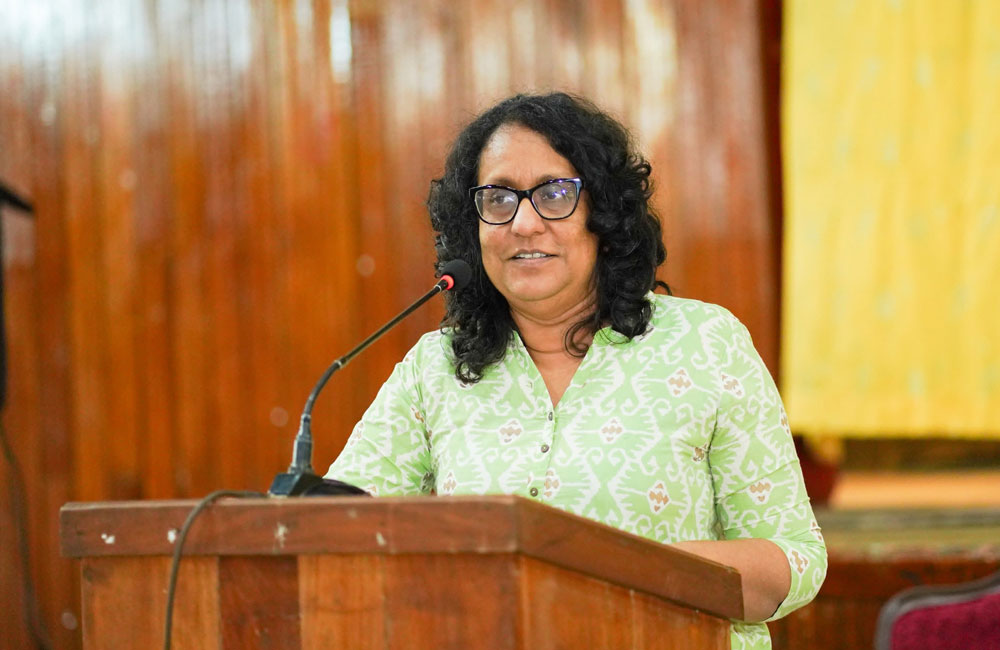
PM Honors Fallen Heroes and Praises Armed Forces at DSCSC Course 19 Graduation
Prime Minister Harini Amarasuriya has paid tribute to those who lost their lives during the devastation caused by Cyclone Ditwah, offering special remembrance to members of the Armed Forces who were actively engaged in rescue and relief operations across the country.
She commended the military for its professionalism, discipline, and steadfast dedication, highlighting the effective coordination between the Armed Forces, civil authorities, and the public in delivering timely rescue, relief, and recovery services during a time of national hardship.The Prime Minister made these remarks while attending the Graduation Ceremony of Defence Services Command and Staff College (DSCSC) Course 19 as the Chief Guest, held yesterday.
The DSCSC, regarded as the country’s premier institution for advanced military education, celebrated the graduation of 149 officers, including 26 foreign course participants, reflecting the institution’s expanding international engagement and commitment to regional and global military cooperation.During the ceremony, Special Awards were presented to outstanding graduates under three categories: the Golden Owl Award, the Golden Pen Award, and Commandant’s Honours. The Prime Minister was also formally presented with the 10th edition of the Defence and Security Journal and Owlet publications.
Addressing the gathering, Prime Minister Amarasuriya expressed appreciation to the foreign officers for sharing their operational experiences and national perspectives, noting that their contributions enriched the academic programme and fostered stronger mutual understanding.
She further emphasized that future leaders must be capable of adapting to change while maintaining strong ethical foundations. While acknowledging the growing influence of technology in military operations, the Prime Minister stressed that sound judgment, discipline, and responsibility would remain essential qualities of leadership.
“The professional bonds formed at the Defence Services Command and Staff College will play a vital role in future peacekeeping missions, humanitarian assistance, multinational exercises, and regional crisis responses,” she said.
The event was attended by Deputy Minister of Defence Major General (Retd) Aruna Jayasekara, Secretary to the Ministry of Defence Air Vice Marshal (Retd) Sampath Thuyacontha, Commanders of the Army, Navy, and Air Force, former DSCSC Commanders, senior tri-service officers, members of the diplomatic corps, distinguished invitees, and family members of the graduating officers.
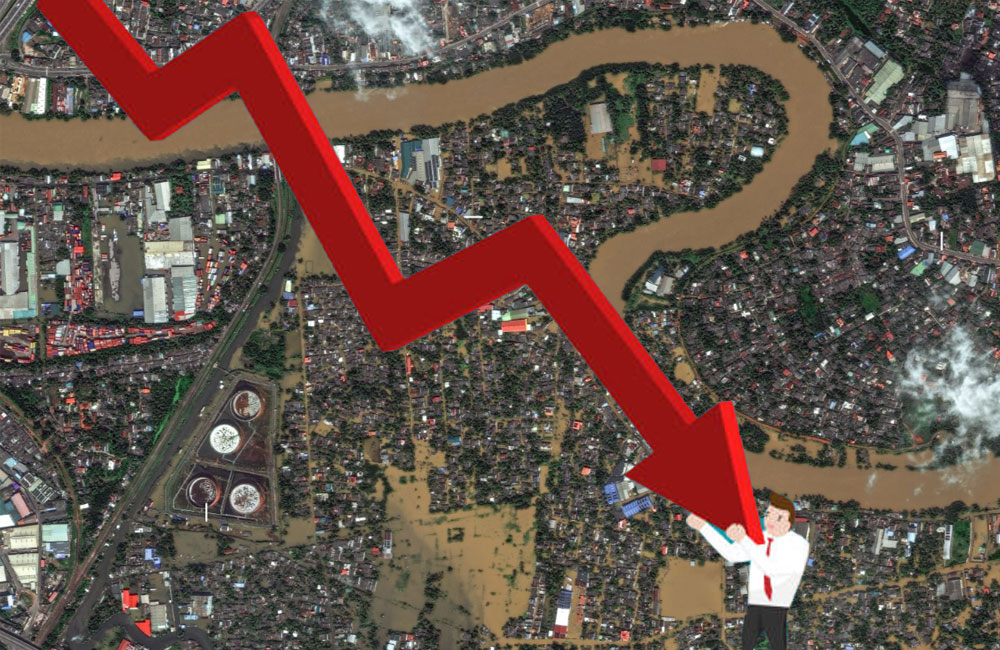
Sri Lanka Disaster Governance Overhaul Slows Recovery Efforts
The Government’s renewed focus on disaster governance, showcased at the 16th meeting of the National Council for Disaster Management chaired by President Anura Kumara Dissanayake, signals an ambitious attempt to overhaul Sri Lanka’s disaster response framework.
However, while policy reforms and institutional restructuring dominate the agenda, mounting evidence suggests that these initiatives may unintentionally delay urgent reconstruction and livelihood recovery for millions affected by Cyclone Ditwah.
At the heart of the meeting was a Cabinet Memorandum proposing a National Integrated Disaster Management Mechanism alongside amendments to the Sri Lanka Disaster Management Act of 2005.
In principle, these reforms aim to strengthen coordination, transparency, and long-term resilience. In practice, however, critics warn that layering new mechanisms onto an already overstretched system risks slowing immediate action when speed is critical.
The scale of devastation underscores the urgency. According to the Disaster Management Centre, approximately 2.2 million people were affected islandwide, with more than 6,000 houses completely destroyed and over 112,000 partially damaged.
Nearly 73,000 people remain in temporary shelters weeks after the cyclone, highlighting gaps between policy intent and ground-level delivery.
Several new initiatives announced at the meeting including a Central Fragile Area Management Plan, multi-stakeholder landslide risk mitigation in plantation regions, and a unified digital data-sharing platform are technically sound but administratively complex.
Each requires the formation of committees, consolidation of data across institutions, and the establishment of new certification and legal frameworks. Disaster experts caution that these processes, while necessary for long-term planning, could further delay reconstruction approvals, resettlement decisions, and livelihood restoration.
The President’s directive to identify 15,000 houses in high-risk zones and construct 8,000 new homes by end-2026 reflects a commitment to durable solutions. But affected communities argue that immediate transitional housing, faster compensation payments, and simplified approval procedures are more pressing needs.
Even the Rs. 25,000 cleaning allowance for flood-affected households has faced disbursement delays, prompting direct presidential intervention to clear payments within a week.
Transparency reforms, including the establishment of a Foreign Aid Coordination Committee, aim to restore donor confidence. However, the timing raises concerns. Sri Lanka’s past experiences show that excessive procedural checks during emergencies often deter timely inflows of foreign assistance and slow deployment to affected areas.
Historical lessons were also revisited. The Finance Ministry revealed that the 2016 flood insurance scheme resulted in a net loss of Rs. 5.79 billion to the State due to weak reinsurance coverage. While reforming such schemes is prudent, delaying decisions until “expert advice” is finalised risks leaving vulnerable communities exposed in the interim.
Unless policy decisions are expedited and emergency exceptions applied, Sri Lanka’s disaster reforms may remain strong on paper while survivors continue to wait.
Page 51 of 681
